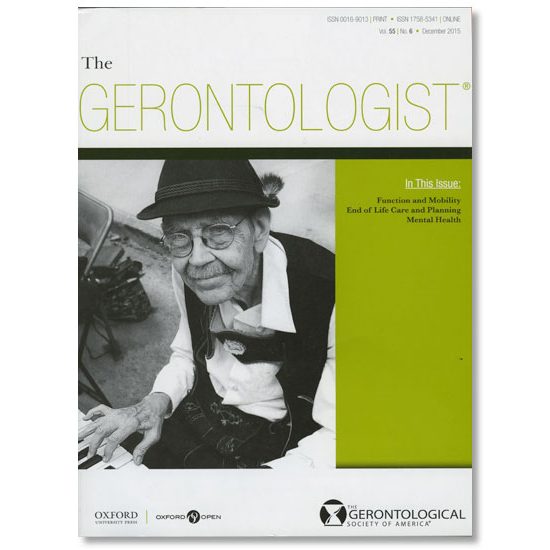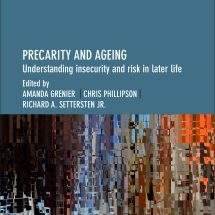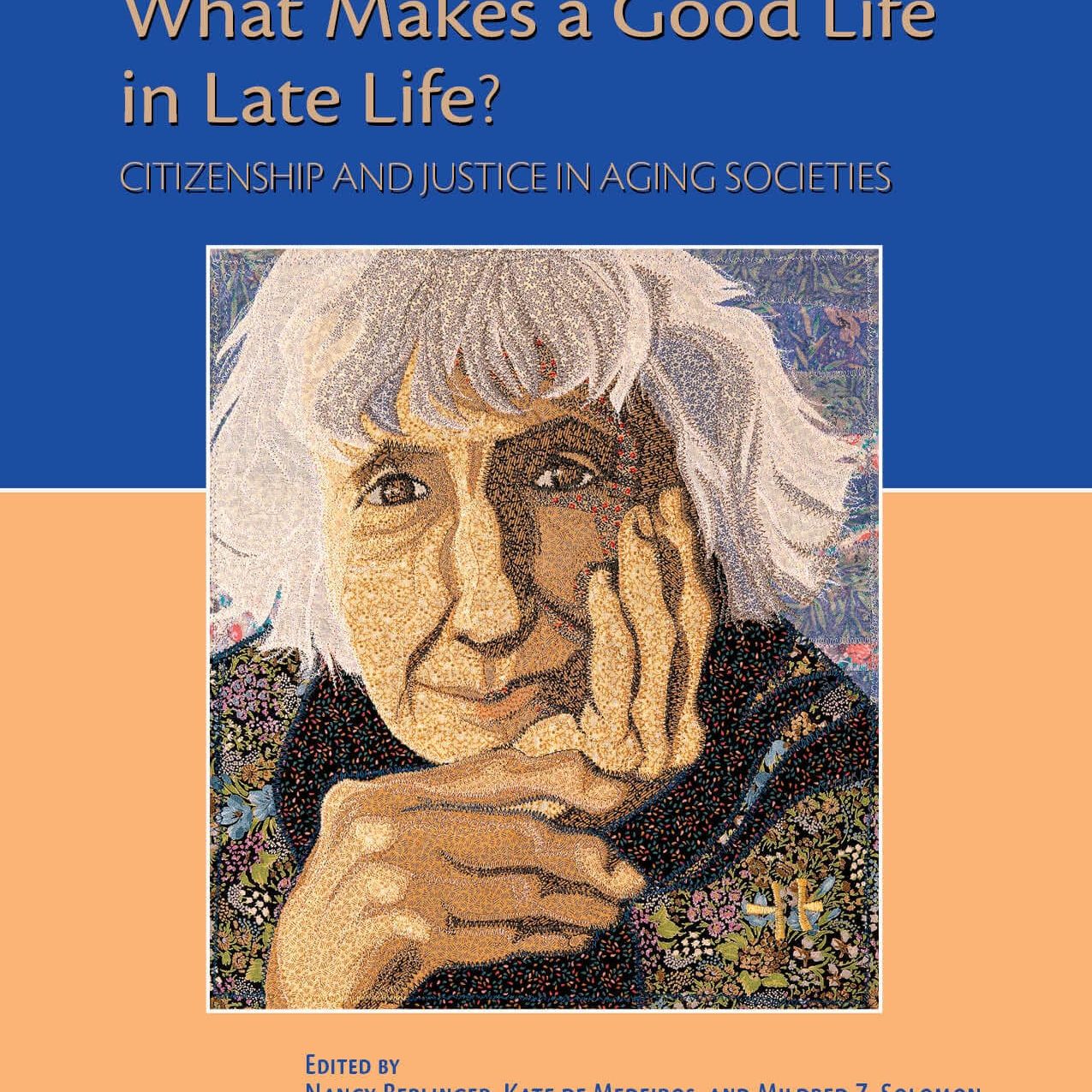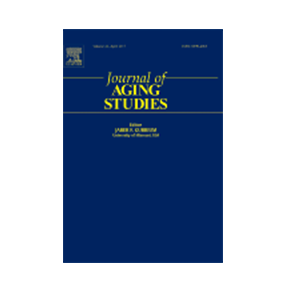Publication Name:
The conspicuous absence of the social, emotional and political aspects of frailty: The example of the White Book on Frailty
Abstract:
Over the last 15 years, frailty has become a dominant discourse on late life. Taken-for-granted knowledge and practice can be seen in initiatives such as the International Association of Gerontology and Geriatrics’ White Book on Frailty. This paper begins with an overview of key themes on frailty from the biomedical literature, followed by critical literature in the social sciences and humanities. It discusses the tensions within the biomedical field, frailty as a social construction and ‘social imaginary’, practices of frailty as historically linked to political systems of care, and frailty as an emotional and relational experience. It then draws on a critical discourse analysis to assess the 2016 White Book on Frailty. Drawing on the idea of ‘significant absences’, the paper highlights the gaps that exist where the social and emotional understandings and political readings of frailty are concerned. The paper concludes by outlining the need to recognise the ‘politics of frailty’ including the power relations that are deeply embedded in the knowledge and practices surrounding frailty, and to incorporate older people’s experience and ideas of vulnerability into research, policy and care practice.
Citation:
Grenier, A. (2020). The conspicuous absence of the social, emotional and political aspects of frailty: The example of the White Book on Frailty. Ageing and Society,40(11), 2338-2354.






